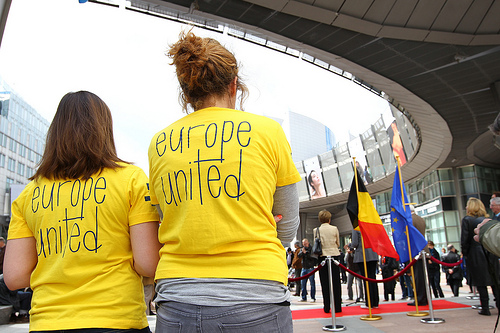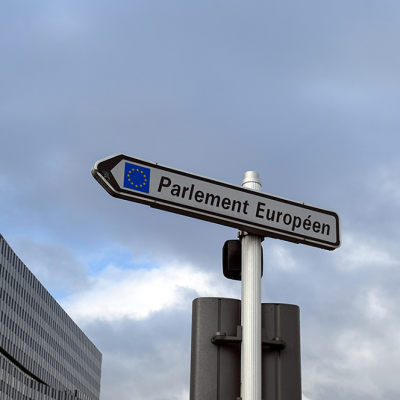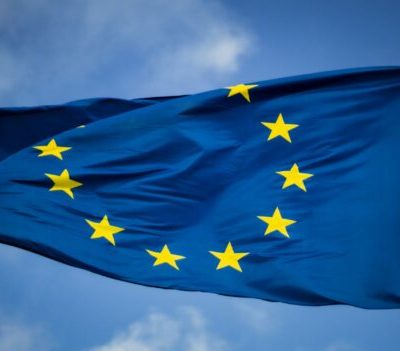Report
14/06/12Do the Europeans still believe in the EU?
Daniel Debomy puts into perspective the evolution of national public opinions in relation to the European Union during the past quarter century. His study is based on quantitative and qualitative surveys carried out at European level to draw particularly enlightening lessons in the context of the current crisis.

Daniel Debomy’s study published by Notre Europe is based on quantitative and qualitative surveys carried out at European level in order to measure the evolution of public opinions in relation to the EU.
It first of all puts these evolutions into perspective on the scale of the past quarter century, by indicating that four major successive periods can be observed: a record level of support for the European project in spring 1991, an all-time low in spring 1997, a partial, slow and saw-tooth rise up until 2007, followed by a further drop since 2008.
The study is mostly based on qualitative analyses, from which highly enlightening lessons emerge. For example, it indicates that Europeans as a whole have understood the need for a strong and closely-knit Europe and are predominantly aware of the existence of a historic and cultural community, with a core set of shared values, even if some of these values have distinguishing characteristics at times. In a context of concern linked to the abuses of economic liberalism, the Europeans also appear favourable towards a European Union with a broad scope of action. Factors of disillusionment do exist, however, and these vary depending on the Member States.
This study recalls that European integration cannot sustainably continue without taking public opinion into consideration, in order to avoid any attempts of inward-looking that could only be damaging, at a time when the EU more than ever needs to be united in a global context.




